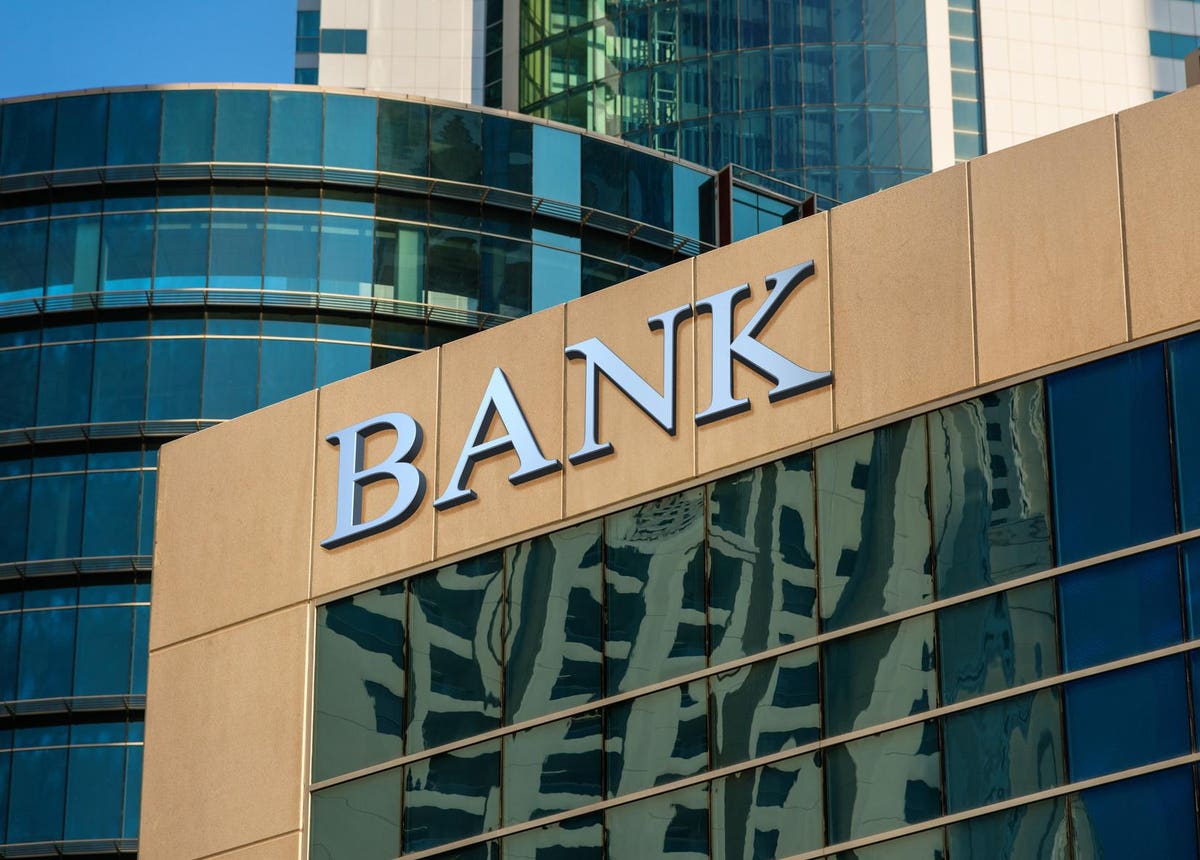I am the Co-Founder of Treasure Financial and I write about Fintech, capital markets and the economy.
“Risk comes from not knowing what you’re doing.” – Warren Buffett
History tends to rhyme, and when the Fed hikes rates, there are always some unintended consequences—most often located in the banking system. The failures of multiple banks in 2023 have, once again, made businesses painfully aware of the acute need for strong cash management practices.
It is now well understood that companies should keep a minimum amount of operating cash at a healthy FDIC-insured bank and ensure that no one account exceeds the FDIC limit of that institution. For most companies, this leaves a sizable amount of cash (often called “idle cash”) that still needs to be stored, safeguarded and optimized.
While some might suggest parking idle cash with the “Big Four” banks or maxing out FDIC sweep-type products, this might actually be counterproductive. Banks are undeniably good for day-to-day operations, providing loans and facilitating payments (let’s face it, they’re seemingly the first option that comes to mind when thinking about where to dump a chunk of change), but as we’ve seen, they’re not the best place to leave large sums of cash idle.
The fundamental truth is that banks see deposits as costs they want to minimize in order to maximize their own profits. Banks are not fiduciaries, meaning they are not required to make decisions in your best interest (for example, a bank may put you in lower-performing funds that benefit them with kickbacks). Given this asymmetry in incentives, you want to make sure you do your own homework and carefully review how and where your business cash is parked.
The recent banking turmoil has seen the emergence of many different misconceptions about the best practices of business cash management. Here are five key steps that most folks need to take (and may not know they are missing) to implement the right cash management strategy for their business.
1. Understand the risk of each of your counterparties and minimize it. Keeping large sums of uninsured cash with financial institutions implies that you properly understand the risk of the cash sitting there. This means being comfortable with the risk the counterparty is taking. This risk can be reduced by moving any funds above the insured limit into government-backed securities with third-party custodians (which don’t take the same risk as banks).
2. Diversify your counterparty risk. If your funds are sitting with one institution, you are de facto exposing yourself to a large and unnecessary counterparty risk. You can drastically reduce that risk by working with several institutions. This will help prevent the risk of having all your funds being frozen or inaccessible if your counterparty were to run into some troubles.
3. Consider using an expert to help manage your cash for you. For the same reason you have a wealth advisor for your own finances, you might consider one for your business’s finances. In this case, you want to make sure of a few important points:
• They are registered with the SEC.
• They have deep experience in the field of cash management.
• Their fee is transparent (if you don’t know how much you’re paying, you’re likely paying too much).
• Their workflow seamlessly integrates with yours, which means easy access to your funds and information about your account.
4. Shop for yield. Not only do you want your cash to be safe, but you also want to make sure your cash is being properly remunerated with the least amount of risk. Consider looking for ultra-safe securities that have government backing and are yielding 5% or higher.
5. On a quarterly basis, review the risk and performance of your cash allocation. As the economy evolves, you want to make sure you review whether your funds are consistently stored in the most appropriate way and following your own liquidity needs. This is an integral part of a strong cash management strategy. If you don’t have the bandwidth, you can refer to Step 3.
According to research from Standard & Poor’s, there were close to $8 trillion of uninsured deposits in the banking system as of March 2023. In light of the recent bank failures, it has become increasingly apparent that businesses must adopt robust cash management strategies and start paying much more attention to the millions of dollars they have on their balance sheets. The first step to successful cash management is ensuring you know why your cash is sitting where it is.
Forbes Business Council is the foremost growth and networking organization for business owners and leaders. Do I qualify?
Read the full article here




